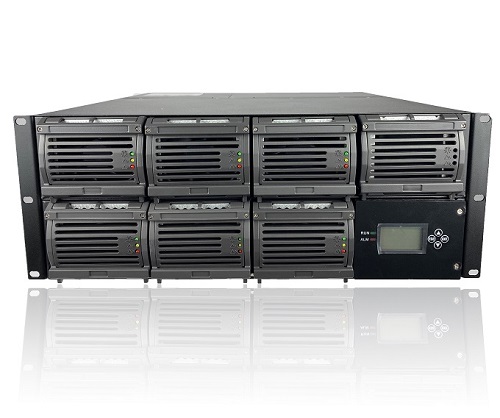The development of high-frequency switching power supply technology ZVS phase-shifted full bridge in the communication industry
Since the mid-1990s, ZVS phase-shifted full-bridge soft switching technology has been widely used in the field of medium and high-power power supplies. When the switching speed of the MOSFET is not ideal, this technology has played a great role in improving the efficiency of the converter, but it has many shortcomings.
The first disadvantage is to add a resonant inductor, which leads to a certain volume and loss, and the electrical parameters of the resonant inductor need to be consistent, which is more difficult to control during the manufacturing process;
The second disadvantage is that the effective duty cycle is lost. In addition, since synchronous rectification is easier to improve the efficiency of the converter, the control effect of the phase-shifted full bridge on the secondary side synchronous rectification is not ideal.

The original PWMZVS phase-shifted full-bridge controllers, UC3875/9 and UCC3895 only control the primary, and additional logic circuits are required to provide accurate sub-polar synchronous rectification control signals; now the latest phase-shifted full-bridge PWM controllers such as LTC1922/1 LTC3722-1/-2, although the secondary side synchronous rectification control signal has been added, it still cannot effectively achieve the secondary side ZVS/ZCS synchronous rectification, but this is one of the most effective measures to improve the converter efficiency. Another major improvement of LTC3722-1/-2 is that it can reduce the inductance of the resonant inductor, which not only reduces the volume and loss of the resonant inductor, but also improves the loss of the duty cycle.
In order to reduce the volume of the converter, it is necessary to increase the switching frequency to achieve high power density. Smaller size magnetic materials and passive components must be used. However, increasing the frequency will greatly increase the switching loss and driving loss of the MOSFET, and soft switching technology The application can reduce the switching loss. At present, the most widely used communication power engineering is the active clamp ZVS technology, the ZVS phase-shifted full-bridge technology born in the early 1990s, and the synchronous rectification technology proposed in the late 1990s.

